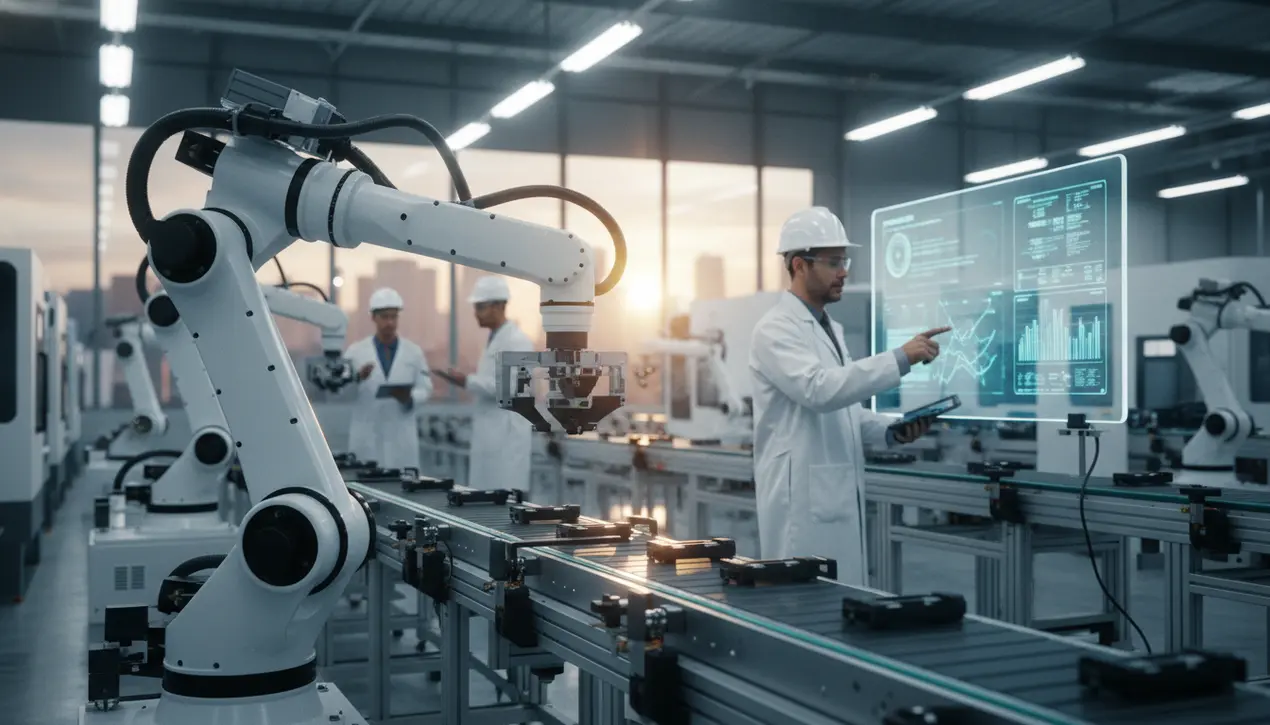
FinancemacroeconomyGDP Reports
US Economy's Unexpected Strength Amid Tariff Warnings
OL
Olivia Scott
2 hours ago7 min read2 comments
The US economy continues to defy the grim prognostications of many top economists, displaying a surprising and sustained robustness in its aggregate indicators even as warnings about the damaging effects of tariffs and other contentious policies grow louder. While the conventional wisdom, echoed from Wall Street trading floors to Federal Reserve meeting minutes, has long held that such protectionist measures would inevitably trigger inflation, disrupt supply chains, and dampen corporate investment, the hard data tells a more complex story.Key metrics like GDP growth, unemployment rates, and consumer spending have remained resilient, creating a puzzling disconnect between economic theory and on-the-ground reality. This resilience suggests that the anticipated costs—whether in the form of higher prices for consumers or reduced competitiveness for exporters—may not have been eliminated but merely deferred, creating a looming liability on the nation’s balance sheet.However, a powerful and potentially game-changing variable has entered the equation: the blistering pace of advancement in artificial intelligence. The rapid integration of AI across sectors, from logistics and manufacturing to finance and services, is driving unprecedented gains in productivity and operational efficiency.These gains could act as a powerful economic shock absorber, effectively offsetting the deferred costs of trade policies when they eventually come due. Much like how the internet revolution of the late 1990s helped fuel productivity and growth that confounded expectations, the AI boom may be providing a similar, albeit more sophisticated, tailwind.The critical question for analysts and policymakers watching the Fed’s every move is whether this AI-driven productivity surge is a temporary boost or a fundamental, long-term rewiring of economic potential. Historical precedents, such as the adoption of electricity or the personal computer, show that general-purpose technologies can indeed create sustained periods of high growth that overwhelm transient policy headwinds.For now, the market sentiment, often a reflection of Warren Buffett’s famous long-term optimism, seems to be betting on the latter, viewing AI not just as another tech trend but as a transformative force capable of neutralizing near-term fiscal and trade pressures. The coming quarters will be a crucial test, revealing whether this technological optimism is well-founded or if the economy is merely enjoying a calm before a policy-induced storm.
#US economy
#tariffs
#AI impact
#GDP growth
#economic resilience
#featured
Stay Informed. Act Smarter.
Get weekly highlights, major headlines, and expert insights — then put your knowledge to work in our live prediction markets.
Comments
Loading comments...
© 2025 Outpoll Service LTD. All rights reserved.